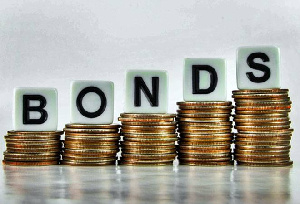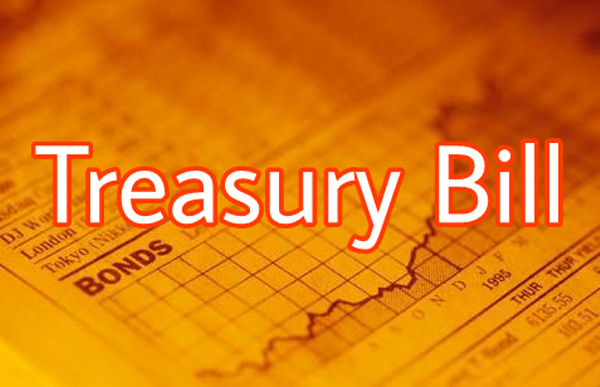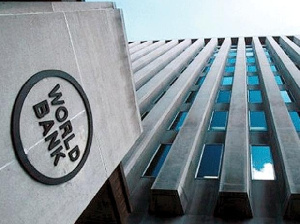Ghana needs to repay $3.5bn in loans next year, more than expected $3bn from IMF – Report

Data compiled by Bloomberg has stated that Ghana needs to repay $3.5 billion in loans and bonds next year.
The quoted figure is higher than what Ghana expects from the International Monetary Fund when an agreement is reached.
Fitch also estimated Ghana’s debt service payments to be $3 billion in 2023, including amortization and interest.
Ghana’s economy is debt-ridden as the country continues to borrow as the main source of financing for its projects and flagship programs.
Bloomberg in its December 9, report said “Ghana, a regular client of the IMF — this is its 17th request to the fund — has often failed to meet targets set in previous programs, including the last one, which ended in 2019 with a waiver from the fund, essentially rubber-stamping its lack of progress. The government’s decision to aggressively tap Eurobond markets in 2020, so soon after that program ended, spooked investors and led the agencies to revisit their ratings.”
“A government plan to slash expenditure by 20% did little to assuage the market,” it added.
After continuous downgrades by rating agencies since the beginning of the year which saw Ghana get kicked out of the international capital market, the country has battled with harsh economic conditions coupled with high inflationary pressures, soaring interest rates, and cost of borrowing as well as a depreciation of the cedi.
The government however expects that a financial bailout from the IMF could alleviate the burden on the gold and cocoa-rich country. But before an IMF deal could be reached, Ghana is embarking on a debt exchange programme, an admission of default on its debts.
However, bondholders and creditors have expressed their disagreement with the programme. According to them, proper consultation and consensus-building have not been achieved.
“There is no more stigma around defaulting or restructuring, and this is quite unusual in the context of emerging markets history. It is part of the natural economic cycle,” Yerlan Syzdykov, a global head of emerging markets at Amundi SA, Europe’s biggest money manager that is a member of the Ghana bondholders committee was quoted by Bloomberg.
As part of the IMF conditionalities as noted, the finance minister also announced a freeze in public sector employment in 2023 and an increase in the Value Added Tax by 2.5%.






